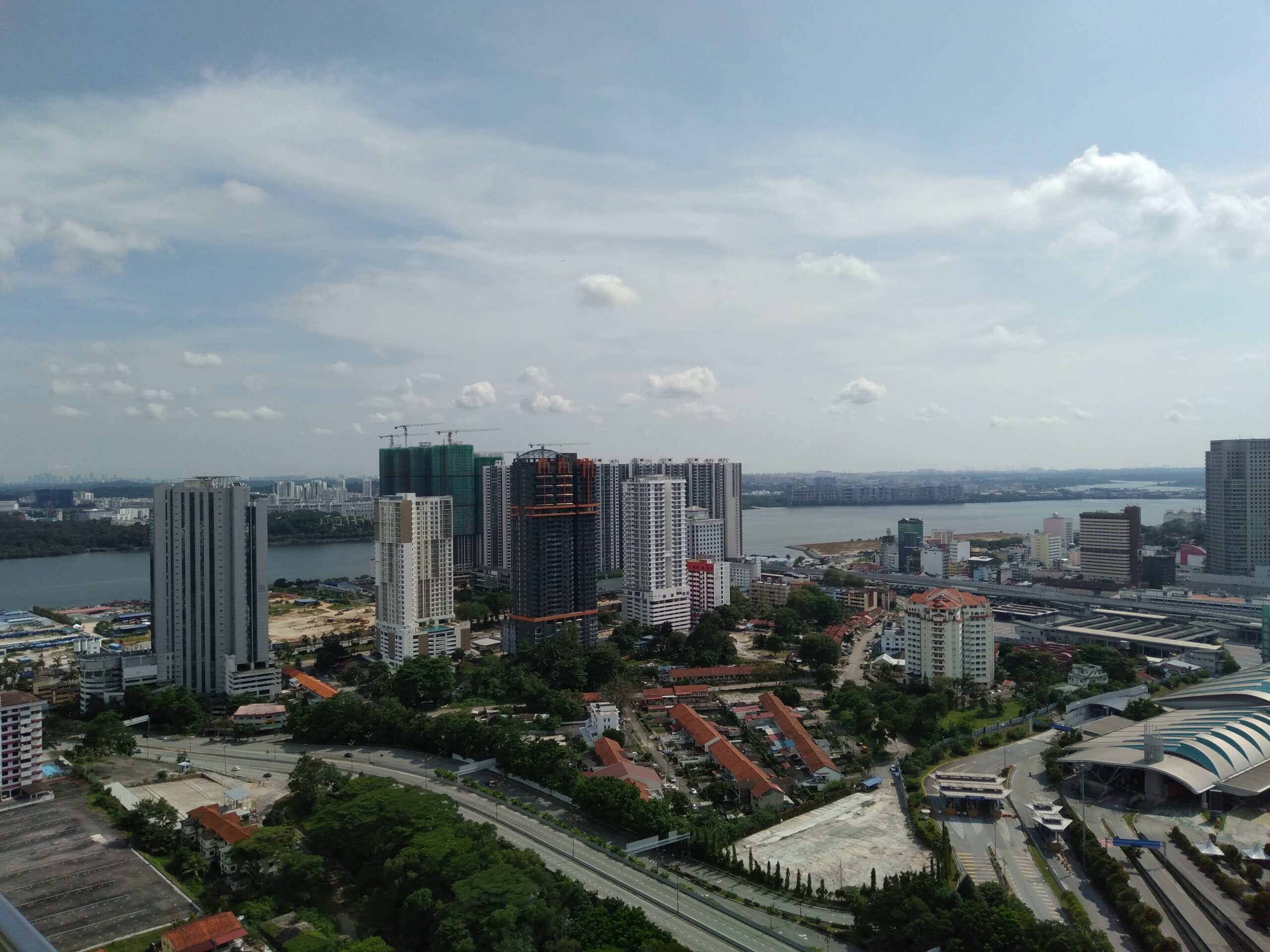IN the third part of my dream and aspirations, I would like to share several other measures that can be undertaken to further improve protection for house buyers and the industry as a whole.
1. Upgrade the archaic Uniform Building By-Laws (UBBL)
The Uniform Building By-Laws (UBBL) should be up for a holistic review instead of in an ‘ad hoc’ manner, amending and/ or adding a few clauses and chapters here and there.
Having been drafted in the mid 1970s’ to regulate building design standards, implementation and construction based on their British counterpart of the same era, it has become half a century old in 2020. UBBL is a piece of an archaic secondary legislation long overdue for a major overhaul.
The by-Laws were struggling to cope with the rapid development of the building industry that took place since the 1980s, let alone catering for the 21st century where building industry has had undergone massive changes and transformation.
A major revamp is required to put the Building Codes / regulations in perspective / context of the 21st century building methodology.
The assumption is that since better building technology have enabled higher buildings, it should translate to better more “sophisticated”, environmentally sustainable and “smart” buildings. The sad reality is that there are tremendous numbers of defects found even in newly constructed buildings.
Water leakage has been the most common nightmare for any building occupants. The situation is worsened by greenhouse and urbanisation effects that bring about heavier and more frequent precipitation, and stronger wind.
There should be a holistic review in prevention of dampness. More waterproofing and damp proofing measures are needed.
2. Formula to control house prices
If the Government can control the prices of essential goods such rice, sugar, cooking oil and other daily essentials, it should also be able to control prices of houses, more so for the affordable housing category.
Currently, the prices of raw building materials such as cement, sand and steel are regulated by the Government. The same goes for professional fees of consultants such as architects, lawyers, engineers and surveyors are also regulated and processing fees standardised. The price of a piece of land could also be set by the National Property Information Centre (NAPIC).
If the pricing for so many items and services can be regulated, there is no excuse not to regulate certain sectors of the housing industry, which affect the majority of the nation.
HBA suggests that the Government cap the profit margins of property developers constructing “affordable” houses. This would accordingly lead to a price reduction by those involved in the building of such homes, including sub-contractors, suppliers and vendors,
3. Reduce the “cost of doing business” to bring down the house prices
The “Compliance Costs” for development such as land premium for land conversion; development charges; submission fee and upfront deposits to local authorities (planning department, building department, engineering department, landscape department, etc), cost incurred for SiFus, and other statutory contributions should be reduced. Developers will factor compliance cost into their sale price.
If these compliance cost could be reduced or waived (where unnecessary), the price of house should also correspondingly come down (provided the developers does not up their profit margin).
Cost of laying last mile of public utilities such as electrify, water, etc should be borne by respective utility companies (Tenaga Nasional Bhd, Air Selangor, Telekom Malaysia) and not the housing developers who obviously will factor into their sales price.
4. Making ‘QLASSIC standards’ mandatory
Construction Industry Development Board Malaysia (CIDB) has been promoting Quality Assessment System in Construction (QLASSIC) for quality standard in the housing industry some decades ago.
Currently, buyers have to face with shoddy workmanship and sub-standard material that are prevalent in the housing market without any recognised standards to measure quality. Perhaps, a study should be made with a view to make QLASSIC quality standards mandatory.
5. Fine tune: Bumiputra discounts
HBA has previously proposed the abolition of bumiputera discounts for luxury properties.
Developers are profit-oriented and forcing them to give discounts would see them raising the prices of other properties to make sure that their profit margins were met. This would invariably result in a higher cost of home ownership for non-bumiputeras.
There should also be a cap on the maximum number of properties bumiputeras can buy at a discount.
If there was no cap, more affluent bumiputeras could buy several homes under RM1 mil at discounted prices, depriving other less privileged bumiputeras. The richer bumiputeras will buy multiple properties at lower prices and resell them for a quick buck.
That is why HBA proposes that bumiputera discounts be limited to two properties per person to prevent abuse. Bumiputera discounts should be limited to private residences and not commercial properties.
6. Transparent data sharing with related agencies
The minister should have the following property data available for the public to access with a “click of a button”:
- those still in the drawing board;
- under construction and incoming supply; and
- available stock already completed
NAPIC has a portal for data sharing between housing ministry and the Department of Statistics of Malaysia (DOSM), which shows the average income of the district and towns. The integrated system called the Housing Integrated Management System (HIMS) is supposed to be available by last year. This system would enable the rakyat to make informed and correct decision when purchasing or renting.
There should also be sharing data on abandoned housing projects, both private and Government related.
7. Get rid of speculators, bogus house buyers and investors club
The situation has been getting worse with the self-glorified “Investors Club” mushrooming in the housing market.
The “modus operandi” of such club is to negotiate as block purchasers with cash-strapped developers and bargain for a pre-launch block discount of, say, 25% off the sales price. The operators then circulate amongst their members for a “bargain” early-bird discount of 15%, thus making themselves a 10% clean profit.
The members of the “investors club” will subsequently dispose of their “product” upon delivery of vacant possession at a further profit.
Conclusion
HBA fully understand and appreciate the vital role played by the Housing Local Government Ministry and housing industry itself in the fabric of the nation’s social and economic development.
This is one sector where both the ministry and industry that is closely connected to the “nation’s heartbeat”. A roof over one’s head is one of the most basic needs of life next to food, water and air. That is why HBA strongly feels that more should be done to improve and overcome the prevalent weaknesses afflicting the housing ministry and industry. – Jan 16, 2022
Datuk Chang Kim Loong is the honorary secretary general of the National House Buyers Association (HBA) and has no desire to become the housing minister.
The views expressed are solely of the author and do not necessarily reflect those of Focus Malaysia.









